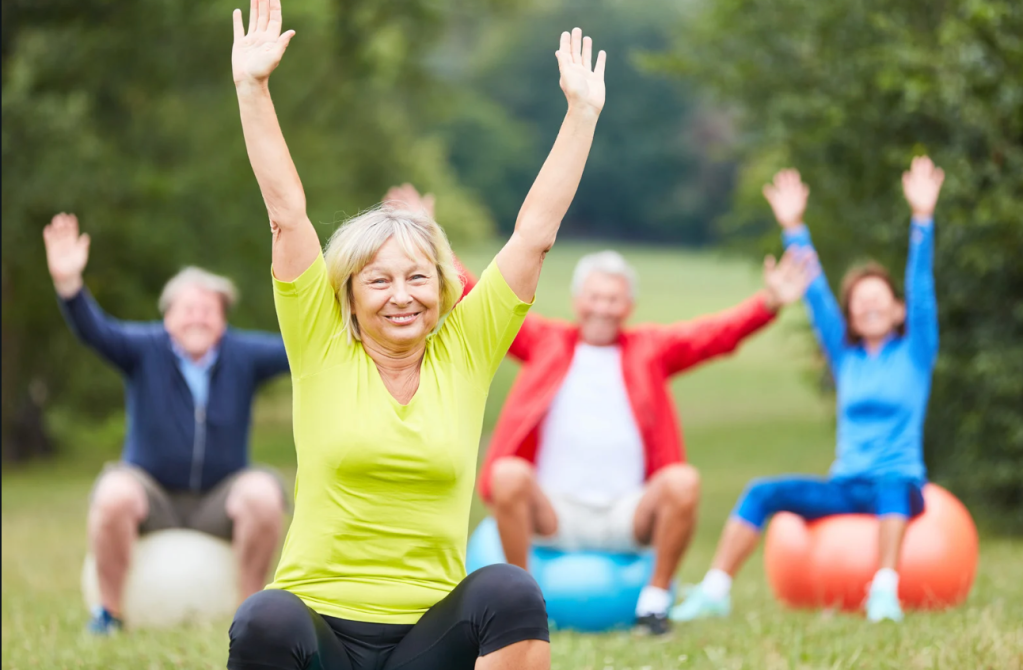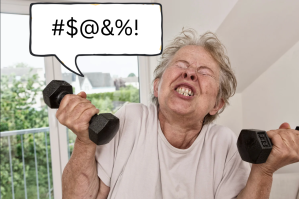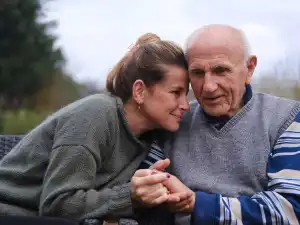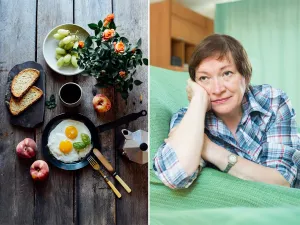Understandably, people want to know at what age you tend to be the happiest so they can plan for it and enjoy as it happens. However, there is disparity among the numerous articles and research that pinpoints a specific age or age range. Some believe that your golden years at age 60 and above are your happiest, others cite mid-30s, or even as late as a person’s 70s. You may know people who claim their 20s were the happiest days of their lives. However, the age that you’ll be the happiest is less of a when question and more of a where.
Many studies have determined that the happiest age depends on where the person lives and has grown up rather than a particular age. Traditionally in the United States, prime happiness peaked at ages 30 and 70 respectively, but that is no longer the case. Given various economic stop-gaps and events such as COVID-19 impacting generations, younger ages are typically more miserable than older folks, achieving more happiness later in their lives compared to Boomers. This is due to American Millennials and generations behind them still struggling with creating careers, affording to have families, and other milestones that were traditionally a part of young adulthood. These things continue to be issues deep into their 30s and even 40s while Americans over the age of 60 are reportedly happier.
Location and expectations have a great deal to do with happiness. Unlike America, places such as Lithuania and Serbia have significantly higher rates of happiness among their young people since they are projected to have better lifestyles than their parents did. In poorer nations, the typical “U-shape curve” that dips happiness down for middle-aged people is reversed as middle-aged folks have more stability than their younger counterparts but older folks contend with illness, aging bodies, and the lack of social security more fiercely than richer countries that provide better care for elders.
Location as a happiness factor isn’t limited to country, though, as where you live and grow up can impact a person’s happiness within America. Whether you grow up in a rich neighborhood or one that provides certain amenities paid for by local tax dollars can influence how happy your childhood is compared to adulthood. If your location has better or easier access to education and opportunities for personal growth, you not only can have a happy childhood but an advantage that could lead to a happier adulthood compared to someone who had to move from a lower income situation and is working to pursue a higher one.
While age and location are definitely impactful factors on a person’s happiness, is there something more tangible we can control that could make us happier? Is there something we can do regardless of age, economics, or location that can boost our happiness? Well, an 86-year-long Harvard study might have found that answer: generativity.
Generativity is working and investing in a better future for upcoming generations, regardless of whether or not you have children yourself. It can take the form of volunteering to teach or coach kids after school in a certain skill, trade, or sport. It can be developing a public neighborhood garden and food bank to ensure the community and youngsters are always fed. It could be running for office to pass bills to curb climate change to make it easier for future generations to bounce back from the planet overheating. In short, generativity is giving back.
It may sound corny or idealistic, but science backs it up. Making life better for others in turn makes you happier and your life better due to feel-good brain chemical dumps and just seeing folks say “thank you!” It’s not easy and it requires effort, but it’s worth it if it means you get to experience a happier life earlier.
This article originally appeared in June.















